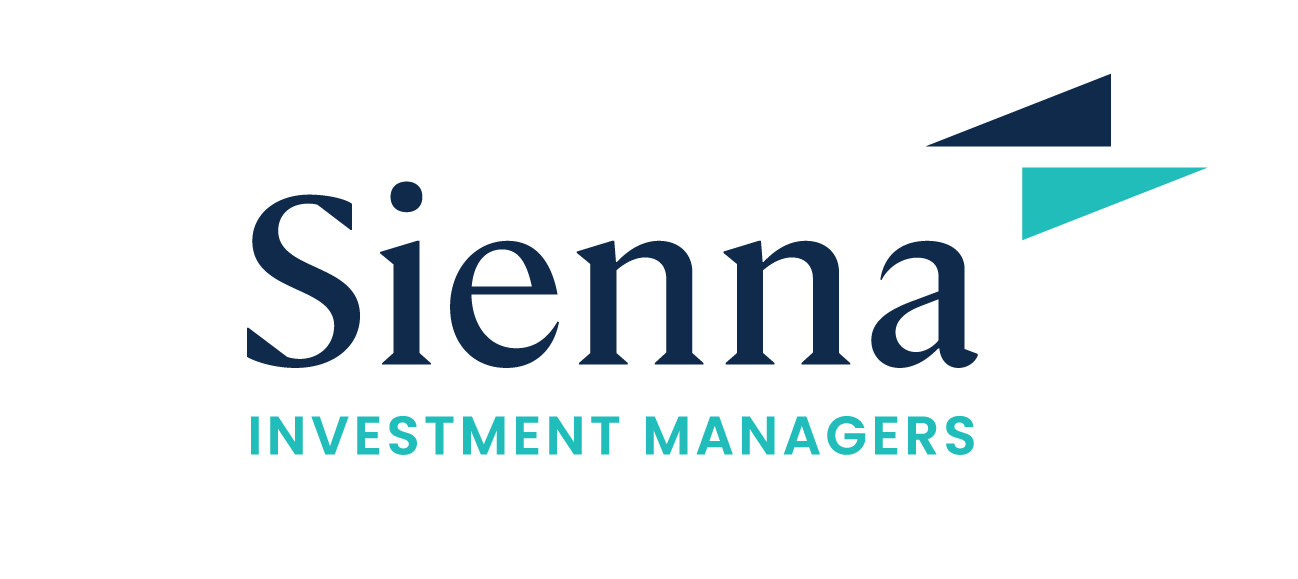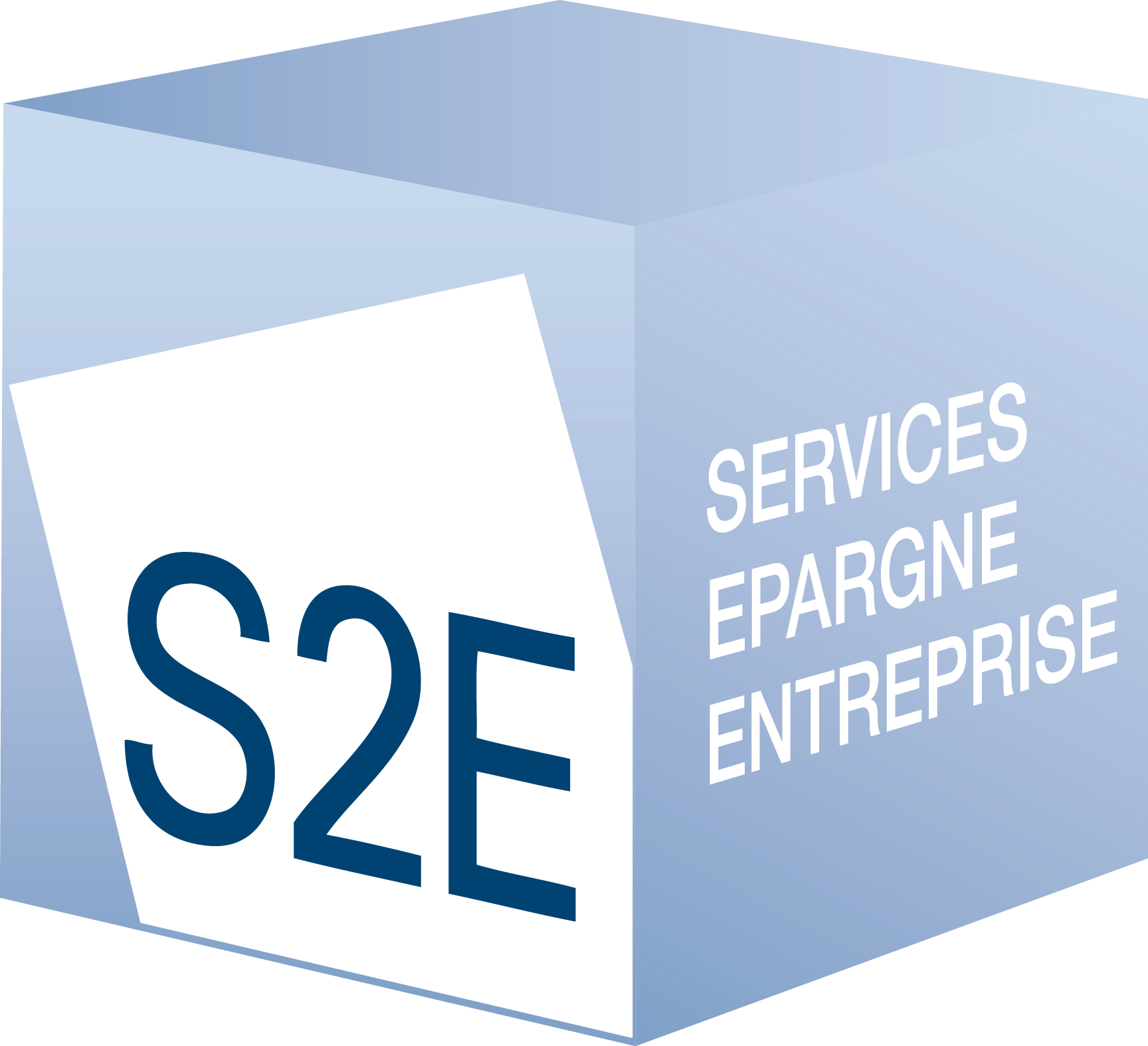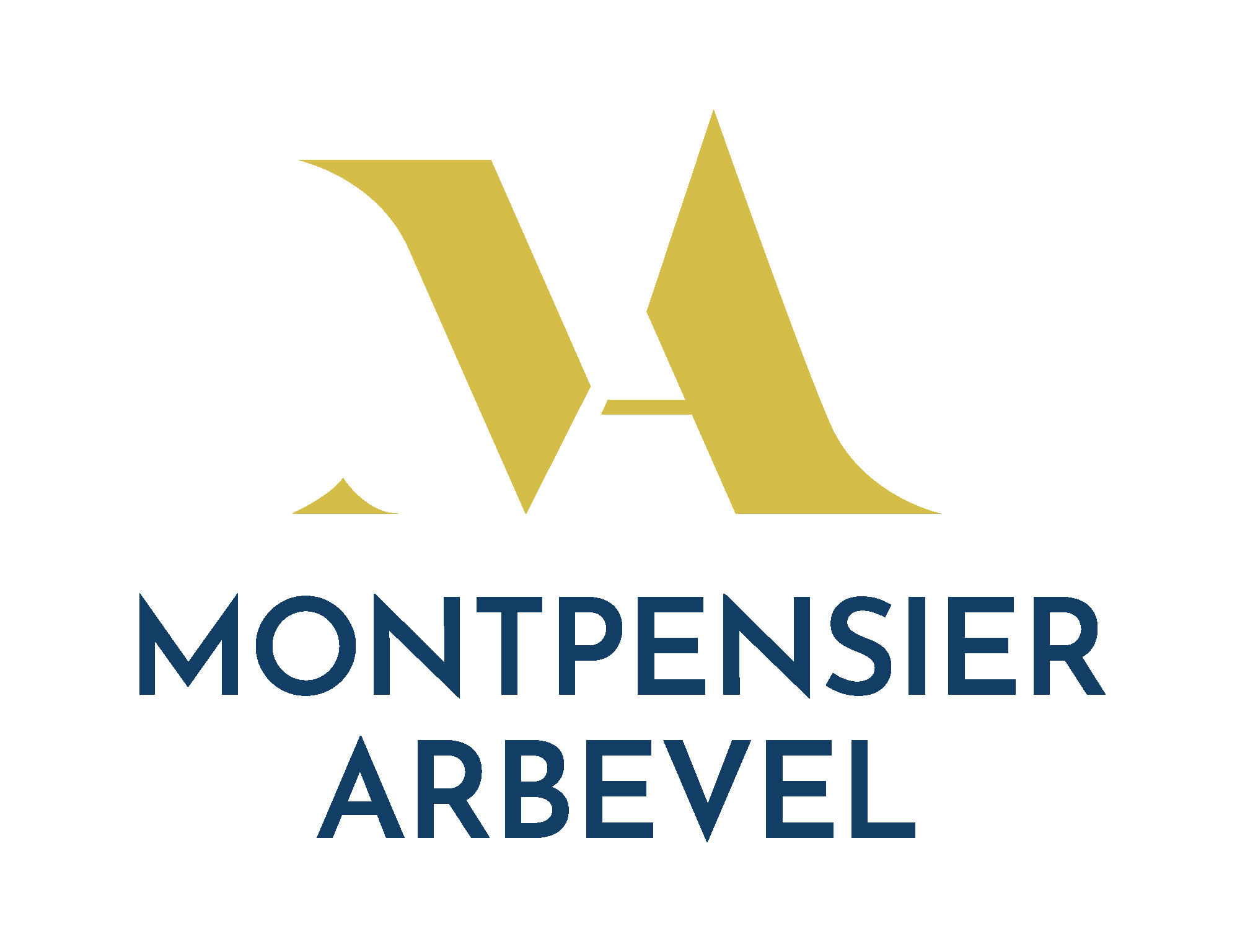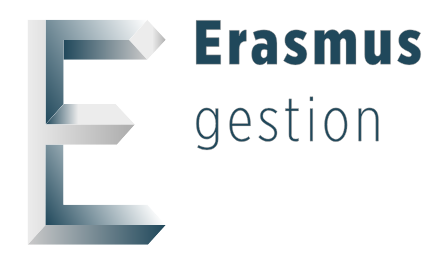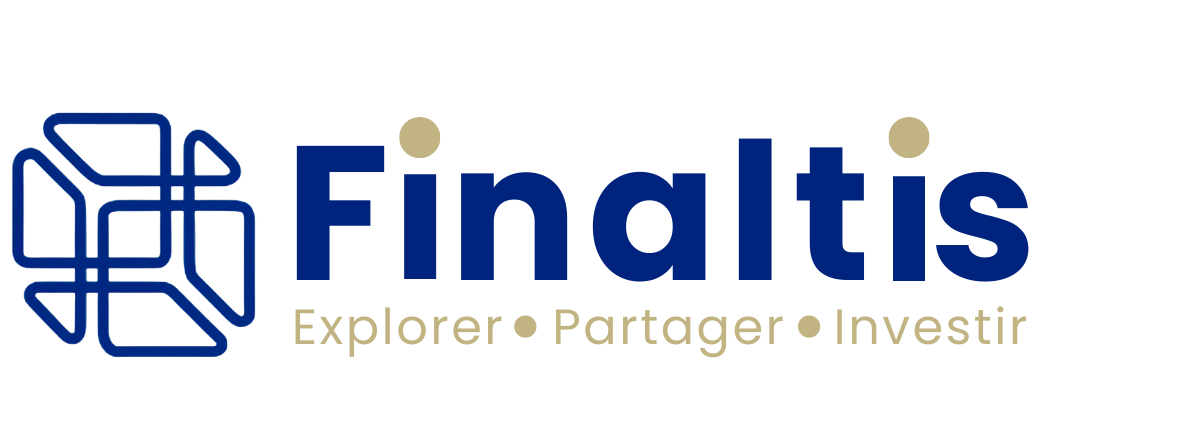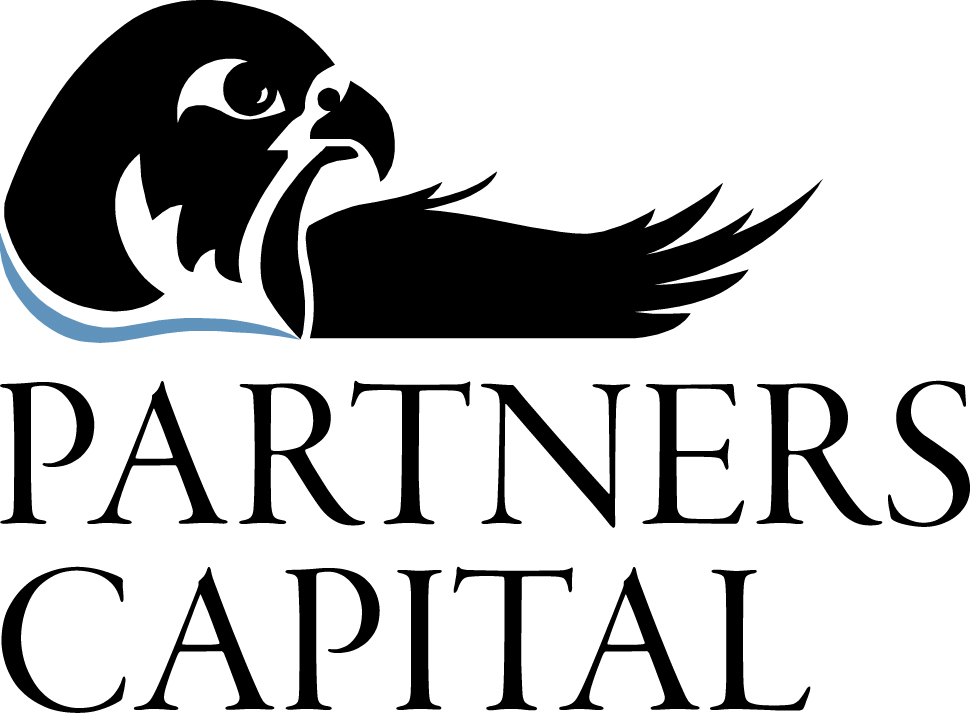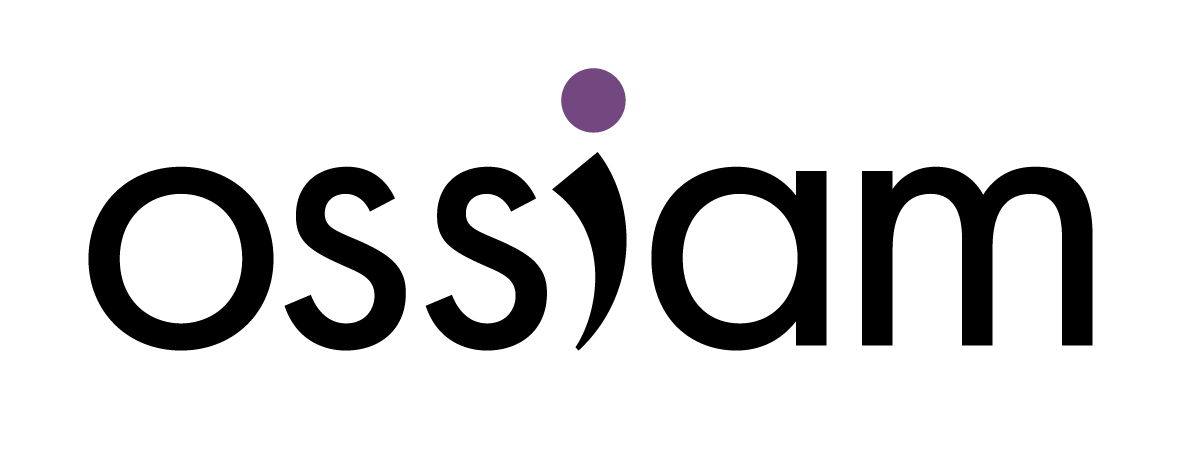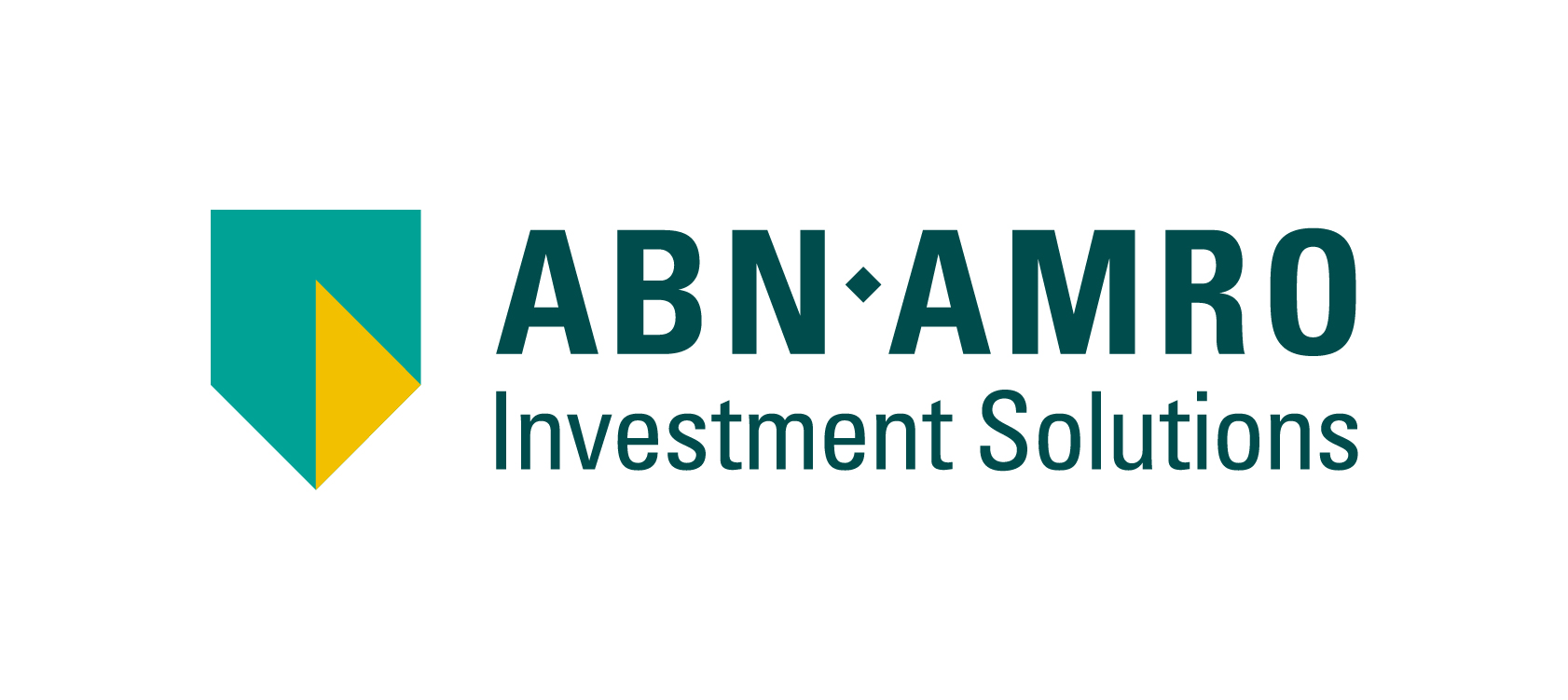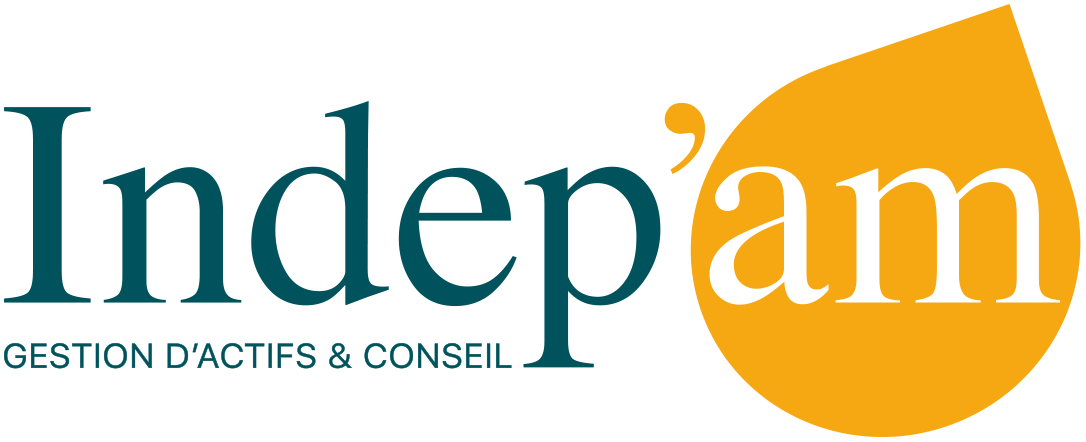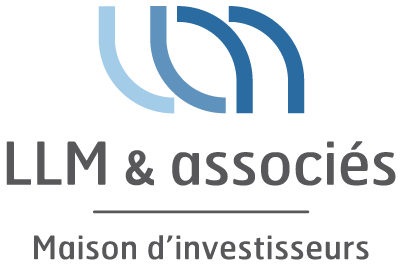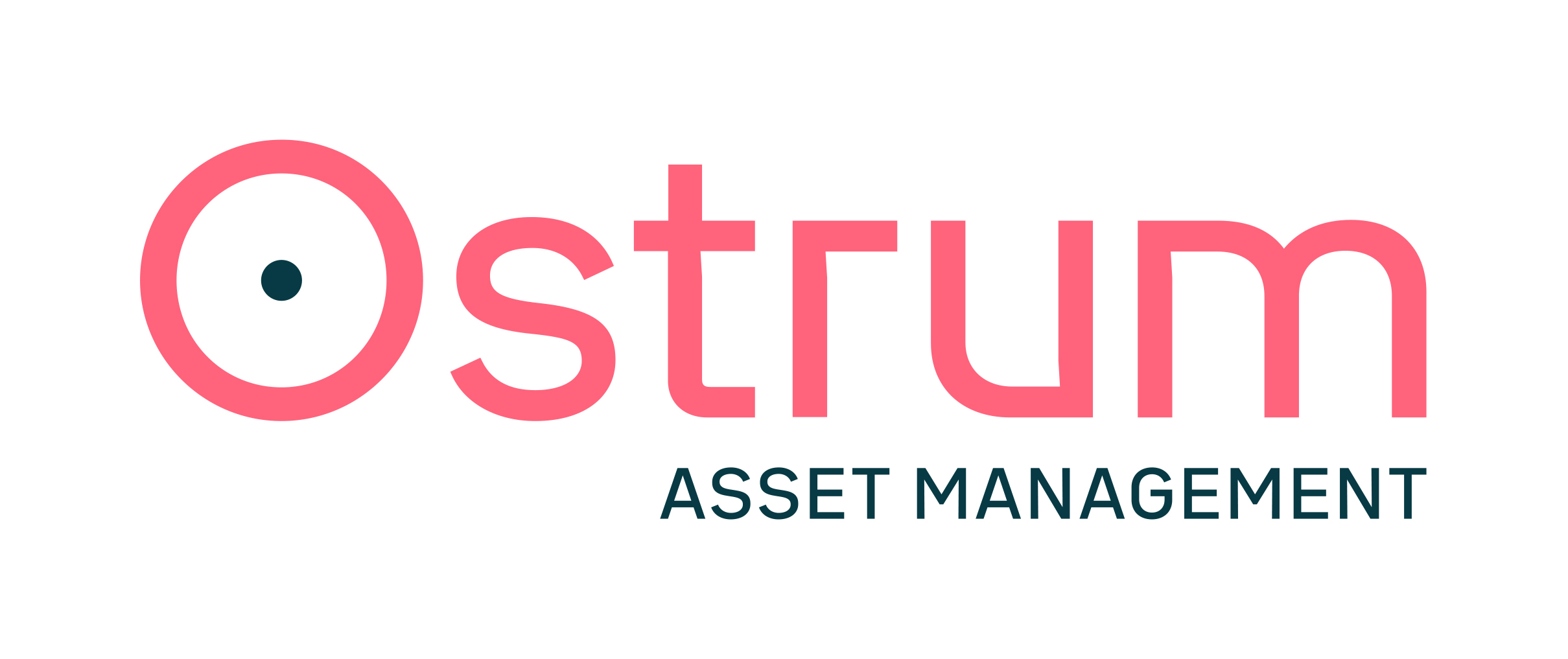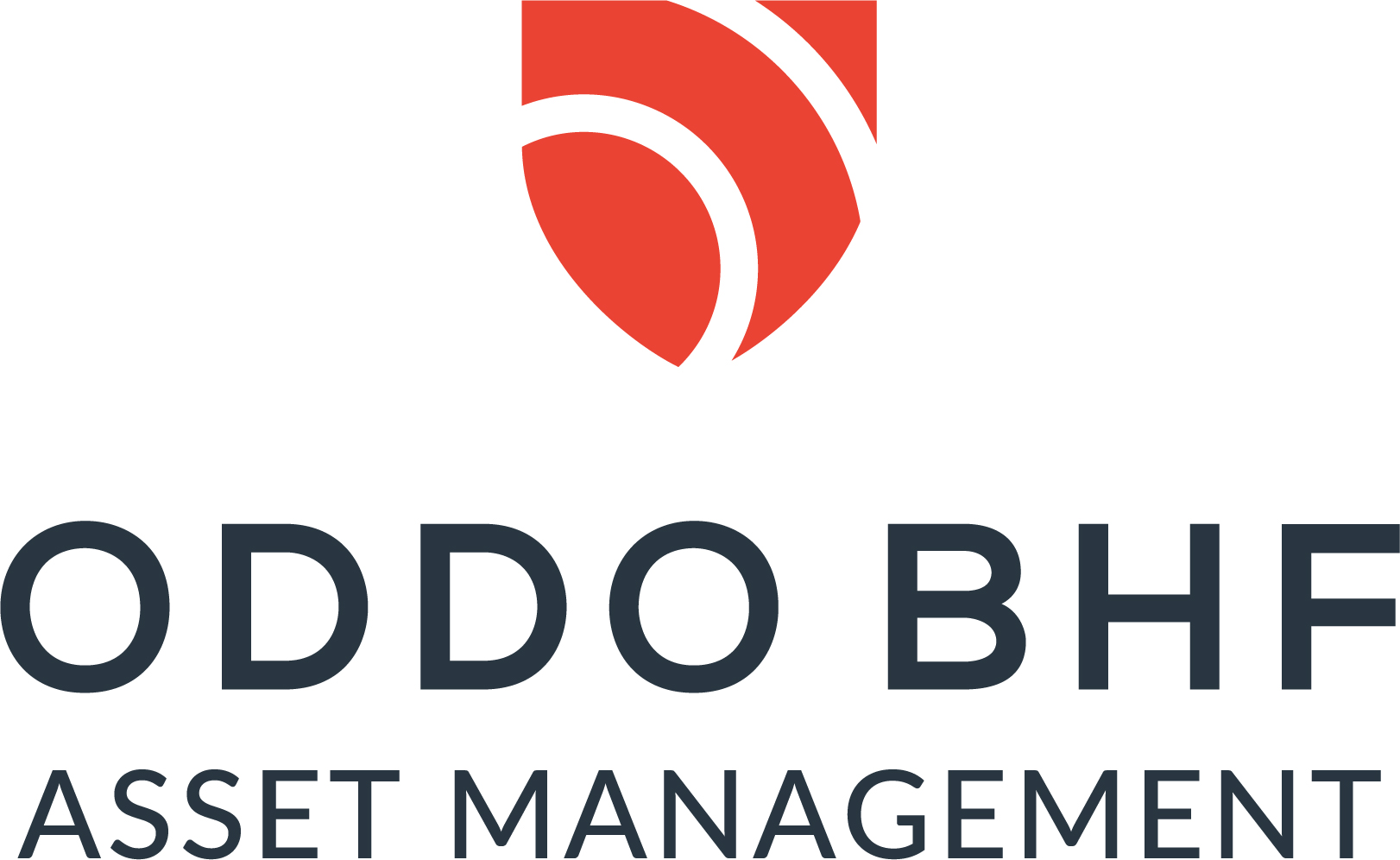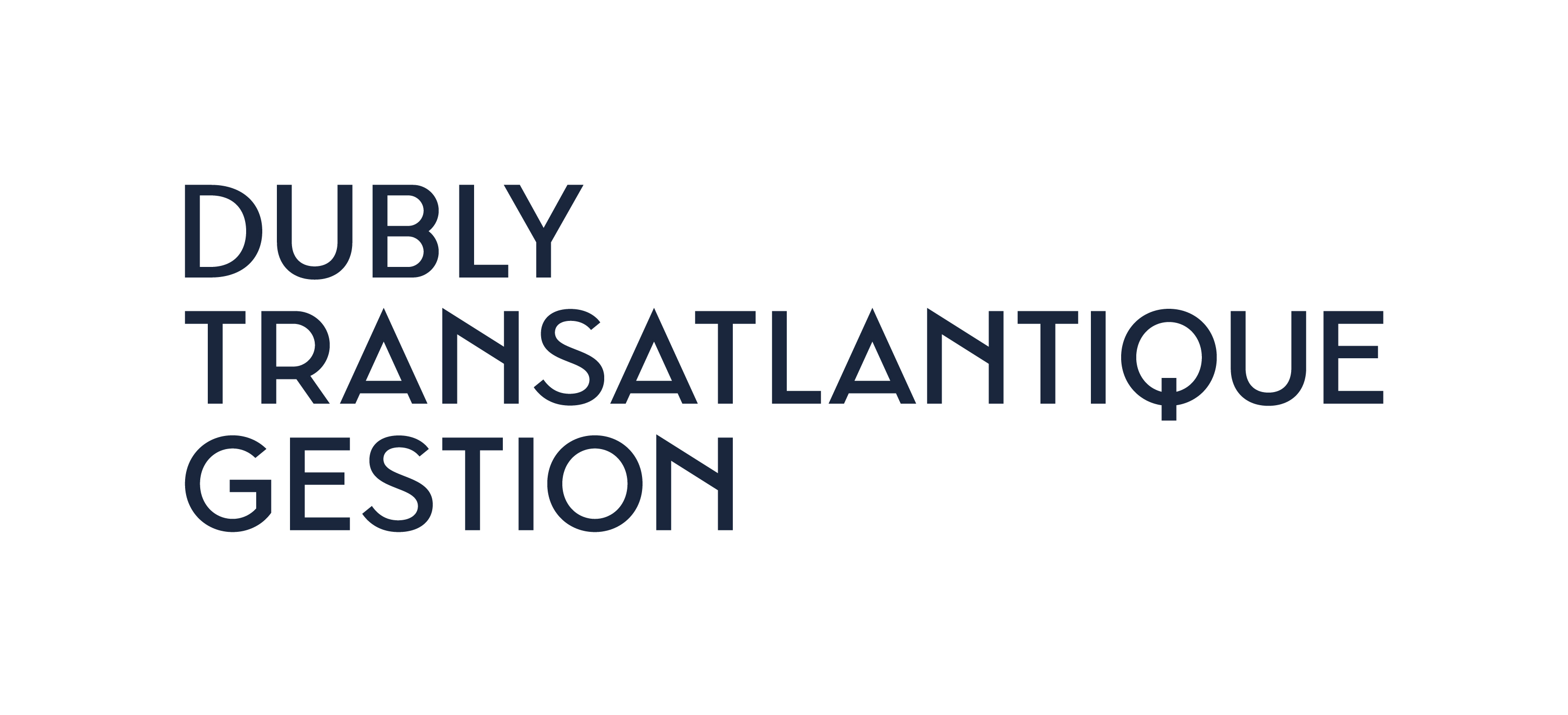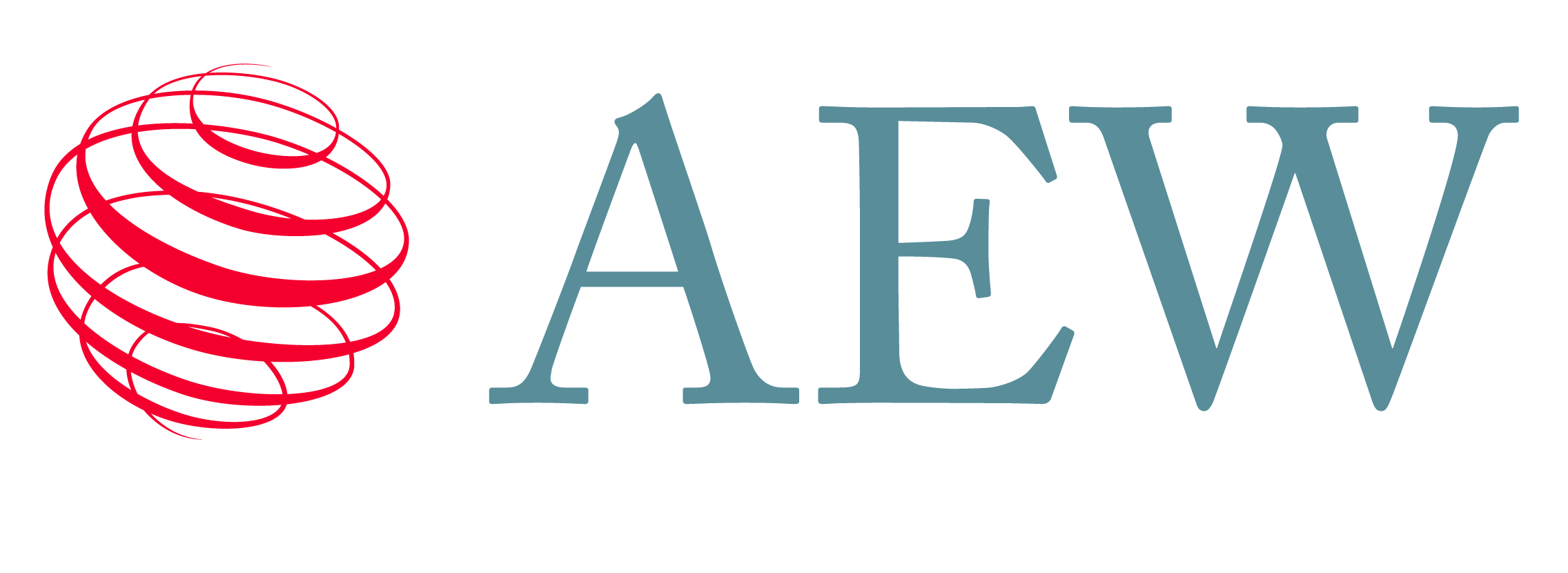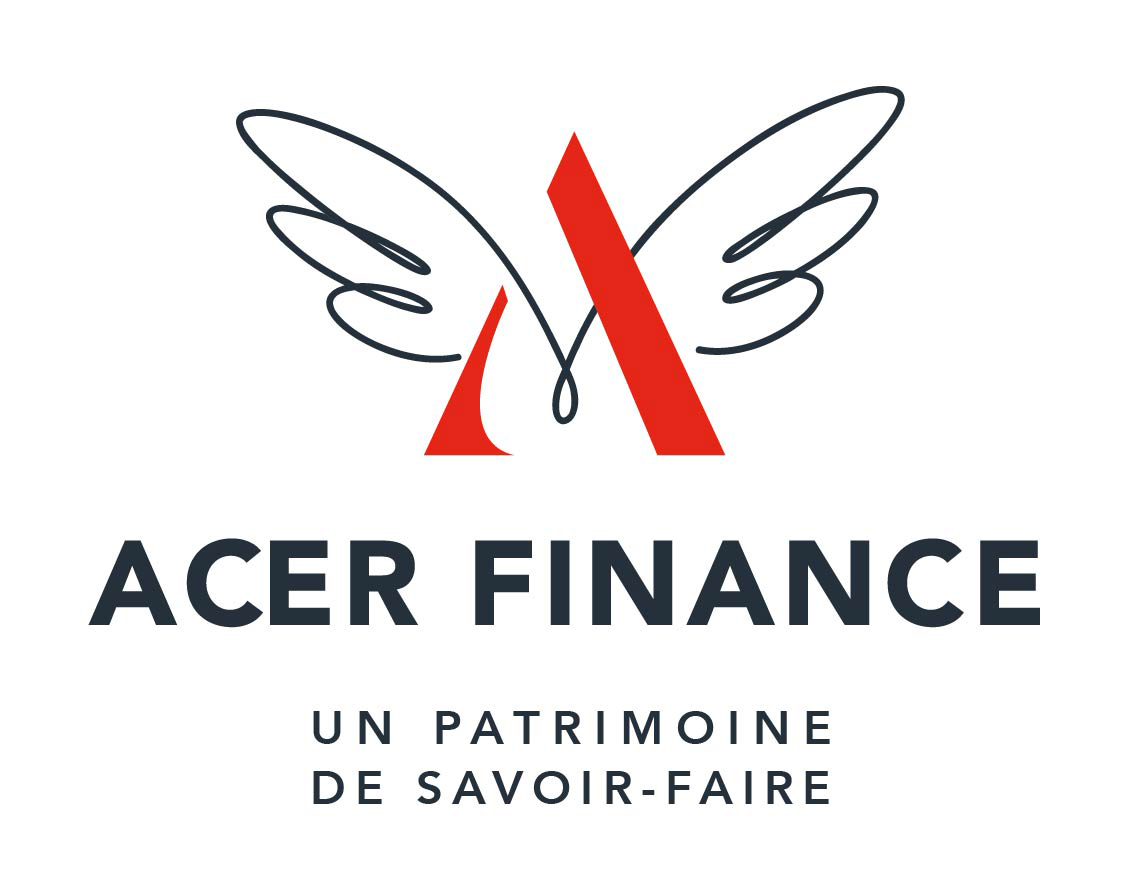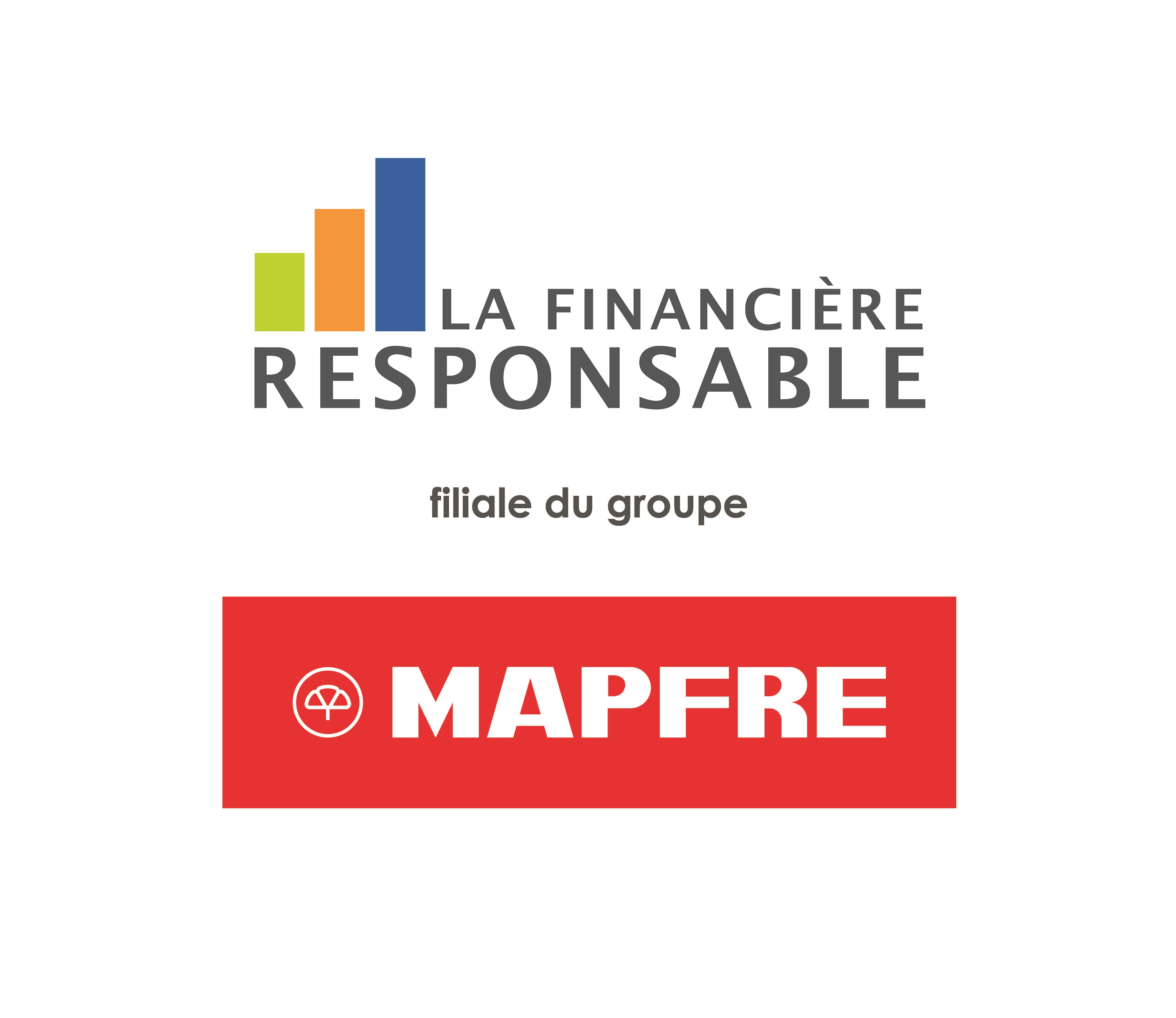5 000 695 3 500
milliards d’encours sous gestion en France sociétés de gestion françaises milliards d'encours pour la gestion collective
Les sociétés de gestion valorisent votre épargne et dynamisent l’économie. L’AFG les représente et défend leur rôle stratégique pour l’avenir de notre pays.
Actualités
-
19 Fév 2026
Better Regulation : réponse de l’AFG à la consultation de la Commission européenne -
09 Fév 2026
Principes de valorisation des OPC - Réponse AFG à la consultation IOSCO -
04 Fév 2026
Transposition AIFM : les travaux en cours à l’AFG -
28 Jan 2026
Mettre la puissance de l’épargne européenne au service de notre prospérité collective -
23 Jan 2026
L'AFG : un acteur au service des étudiants dans l'Asset Management
Dernières publications
-

19 Fév 2026
Réponse de l'AFG à la consultation de la Commission européenne sur Better Regulation
- Autonomie stratégique
- Better regulation
- Compétitivité
- Réglementation européenne et internationale
- Simplification
- SIU
-

09 Fév 2026
Principes de valorisation des OPC - Réponse AFG à la consultation IOSCO – Février 2026
- Gestion financière et management du risque
- Titrisation
-

28 Jan 2026
Mettre la puissance de l'épargne européenne au service de notre prospérité collective – Communiqué de presse
- Affaires publiques européennes
- Priorités européennes de l'AFG
A ne pas manquer

Semaine de l’Epargne Salariale 2026
- Education Financière
- Epargne salariale
- Du 23 au 27 mars 2026
Ensemble pour être plus compétitif

L'AFG représente et promeut l'utilité de la gestion d'actifs pour l'avenir de notre pays. Elle regroupe plus de 400 membres, dont environ 330 sociétés de gestion, qui gèrent 90% des encours sous gestion en France. Le montant de ces encours s'élève à 5 000 milliards d'euros, montant le plus élevé des Etats membres de l'Union européenne.
Découvrir l’AFG en 3 mnAgir aujourd'hui pour transformer demain

L’AFG soutient le développement de la gestion d’actifs française au bénéfice des épargnants, des investisseurs et des entreprises. L’AFG s’investit pour une réglementation stable, efficace et compétitive, avec un engagement fort : permettre aux épargnants de financer leurs projets de vie tout en mobilisant l’épargne privée vers les entreprises qui se transforment.
Financer l'économie-
Commission Comptabilité et reporting
-
Club de la Gestion Privée
-
Commission Fonds immobiliers
-
Commission Gouvernement d'entreprise
-
Commission Fiscale
-
Commission Commercialisation
-
Commission Infrastructures de marchés
-
Club Education financière
-
Club PME-ETI
- +15 Toutes les instances
-

Laure Delahousse
Directrice générale
« Une industrie au service des épargnants »Une industrie au service des épargnants
En créant des solutions d’épargne innovantes, accessibles et alignées avec les projets de vie de chacun.
-
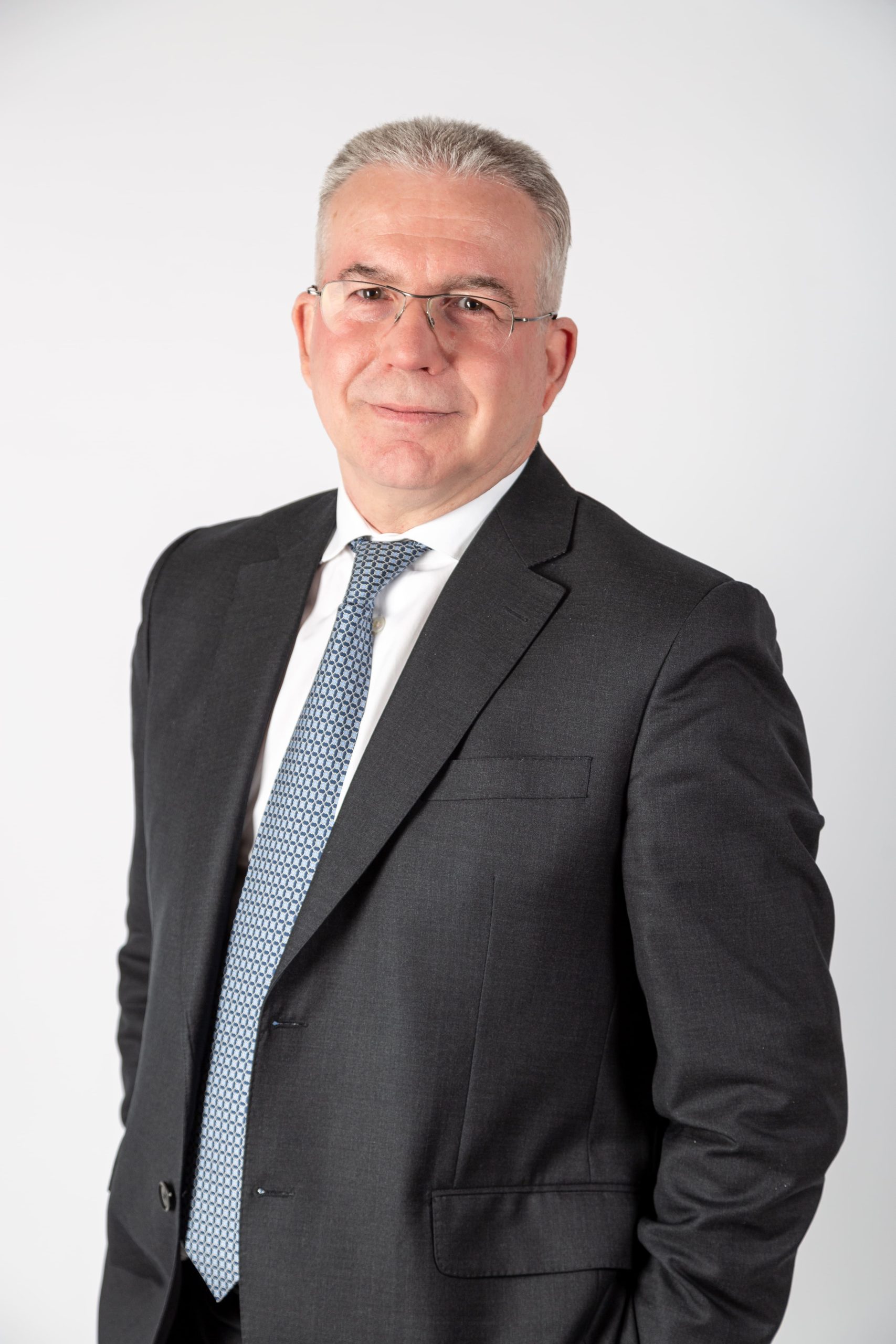
Philippe Setbon
Président
« Une industrie moteur de la transformation économique »Une industrie moteur de la transformation économique
En mobilisant les capitaux nécessaires pour accélérer la transition énergétique et technologique.
-

Delphine de Chaisemartin
Directrice générale adjointe
« Une industrie qui façonne l’avenir »Une industrie qui façonne l’avenir
En agissant comme un pont entre les investisseurs et les entreprises, elle contribue à construire un avenir durable et prospère.
Comprendre la gestion d'actifs
Comprendre la gestion d’actifs-
Une industrie au service des épargnants
-
Une industrie compétitive
-
Une industrie qui finance l'économie
Education financière : 12 principes pour épargner et investir
-
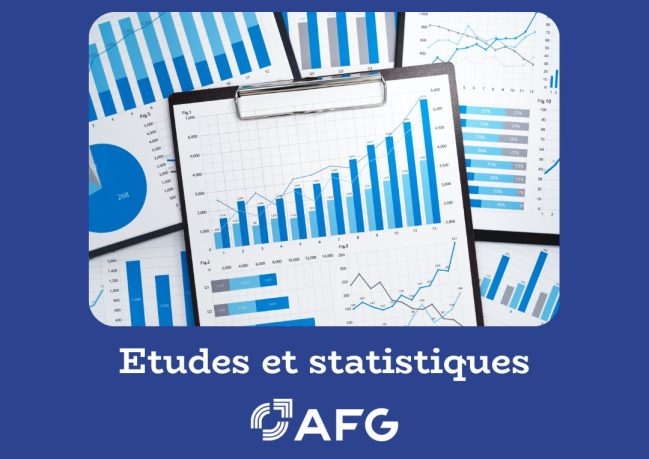
17 Juin 2025
Les Français et l'éducation financière - Résultats de l'étude - Juin 2025
- Education Financière
-

17 Juin 2025
Les Français et l'éducation financière - Synthèse de l'étude - Juin 2025
- Education Financière
-
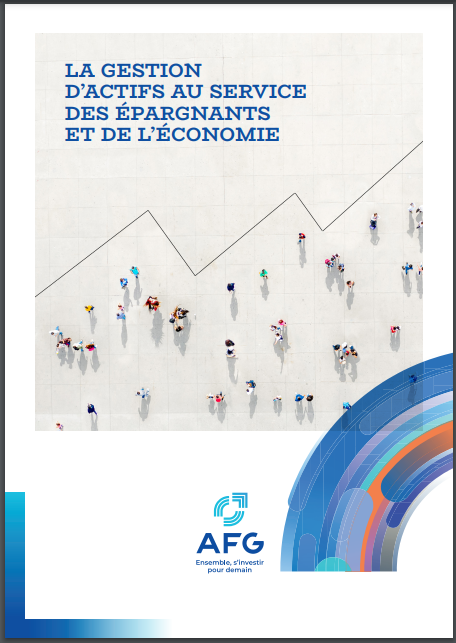
09 Déc 2024
La gestion d’actifs : au service des épargnants et de l’économie
- Education Financière




